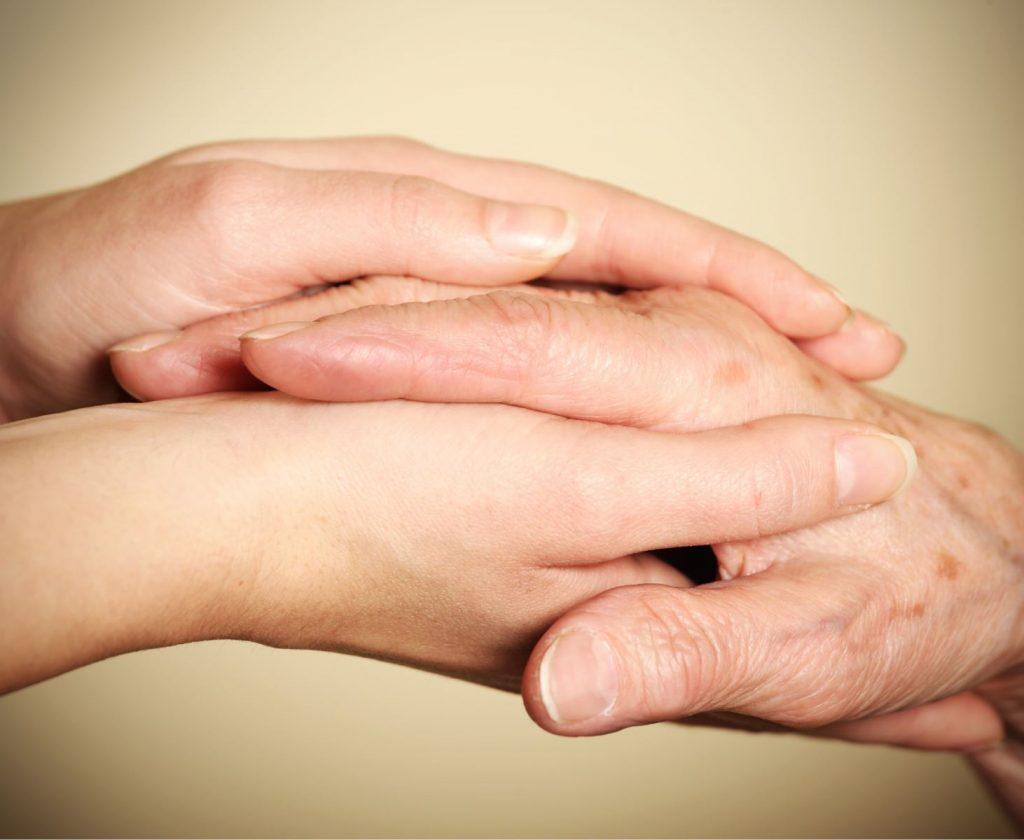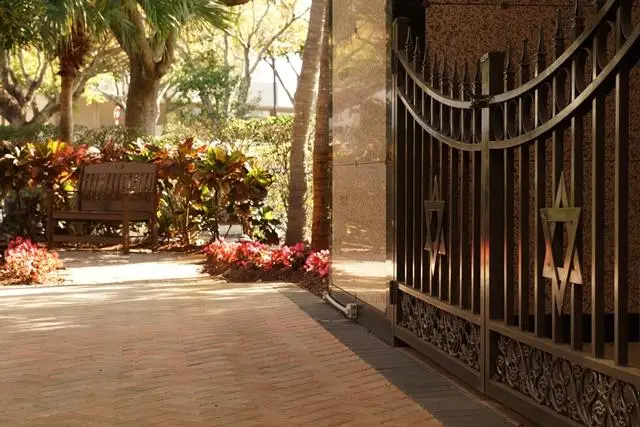
For anyone who is facing a terminal diagnosis, whether for themselves or a loved one, the word “hospice” connotates that a life will soon be coming to an end. It is a powerful and often frightening word and may invoke a plethora of emotions for everyone involved. However, if we are faced with that decision when there is no other choice, hospice is one of the most valuable options that is available to all of us and our families.
Should a person be encountering the end of their life and require comprehensive and compassionate care including palliative care, pain management and meaningful emotional support for the patient and their family, hospice care offers a full range of both at-home or inpatient services. These services put patients and their families in control, allowing them the time to adjust to their last days, weeks or months together. Generally, depending upon the hospice facility, an interdisciplinary care team will be assigned to each patient’s unique needs and preferences.
A Medical Expert's Perspective

We asked Dr. George Luck to share his knowledge and insights about some of the most frequently asked questions (FAQ) that may come to mind on this most sensitive topic. Dr. Luck is Associate Professor and Director of Professional Education at the FAU College of Medicine in Boca Raton. He started the first Palliative Care Program at Boca Raton Regional Hospital and has been Associate Medical Director at Trustbridge/Hospice by The Sea for over 30 years. He and his family are also members of Temple Beth El of Boca Raton, which in 1995 established and opened the first phase of The Beth El Mausoleum, the only mausoleum in the United States built on synagogue grounds.
Dr. Luck provided helpful factual information in the sections below, but also reminded us that hospice care is not just for the patient but for their family as well. Hospice agencies understand that a life-limiting illness affects not just the patient but also their loved ones. They strive to provide support to the entire family throughout the hospice journey. Family members often forget to take care of themselves physically, emotionally, and spiritually.
Palliative Care vs. Hospice Care
The critical difference between hospice care and palliative care is that palliative care can be provided at any time in the course of a severe life-limiting illness, while hospice care is typically reserved for individuals who are in the last six months of their life and have elected to forgo curative treatment. You can receive palliative care while also receiving curative and therapeutic care for an illness, such as chemotherapy, dialysis, or surgery. While both seek to relieve spiritual, physical, or existential suffering, hospice care is more comprehensive, including end-of-life care and support for the patient’s family after death.
Criteria for Hospice Admission
The U.S. Centers for Medicare & Medicaid Services establish hospice eligibility requirements. In the United States, a doctor who refers a patient to hospice must certify that they believe the patient has a life expectancy of fewer than six months if the disease continues its normal course. In addition to the prognosis, hospice admission often requires that the patient have a primary focus on comfort and quality of life rather than cure or prolongation of life.
Where is Hospice Care Provided?
Hospice care can be provided in several settings, including the patient’s home, a hospice inpatient facility, a nursing home, or an assisted living facility. That said, hospice is a home-based benefit intended for individuals to stay at home. Inpatient units are rare. Nationally, over 90% of patients are managed where they are most comfortable…at home. Inpatient hospice facilities provide a homelike environment and 24-hour nursing care. They are usually reserved for patients requiring more intensive symptom management or respite for their caregivers. Inpatient hospice also allows patients to receive end-of-life care in a comfortable and peaceful setting, if that is their preference. The type of care that is chosen will depend on the patient’s needs, preferences, and medical condition.
What is the Typical Length of Time a Patient will be Under the Care of Hospice?
This will vary, depending on several factors, including medical condition, response to treatment, and personal preferences. On average, patients spend several weeks to several months in hospice care. However, the length of time in an inpatient unit varies from one day to several, as long as the patient has uncontrolled symptoms. It is not intended for custodial (routine medications, bathing, toileting, etc.)
A Jewish Perspective on End-of-Life Choices
The decision to choose hospice is of course a deeply personal one. Additionally, the amount in which our Jewish traditions and values play into one’s choice for end-of-life care is also involved.

Further, the contemporary rabbis teach that, while we are commanded to save a life, ‘with lifesaving in general, the obligation to practice medicine holds only when one sees another in danger and one is able to save that person by medical means. Put differently, the point and the essence of medicine is to heal.’ From this, we can understand that in certain cases, the rabbis would support withdrawal of care. Ultimately, Judaism teaches us that the responsibility is to follow the wishes of those who are terminally ill, like administering pain relief, or taking an aggressive course of treatment. Further, there is no obligation to prolong a life of suffering, however, the existence of pain and suffering DOES NOT constitute a sufficient Jewish justification for killing a human being in the name of compassion.”
When Your Loved One is in Hospice

“Unlike most (for-profit) cemeteries and funeral homes, the Beth El Mausoleum considers final arrangements to be “pre-need” as long as the person is alive, including for those in hospice care,” says Mike Sirowitz, Beth El Mausoleum Director. “Pre-need” arrangements are generally less expensive than “at-need” arrangements which are made once a person has passed away. The policy at the Beth El Mausoleum is unique in this industry – and a big savings to those under duress.
Mausoleum Director, Mike Sirowitz will meet with you at any time both in-person or via Zoom to offer tours of the Beth El Mausoleum and to provide information regarding interment options and pricing – always with no obligation or pressure. Since opening in 1995 and adding additional spaces in 1997 and 2005, Phase 4 of the Beth El Mausoleum is scheduled to open in 2025. For more information simply contact Mike at 561-391-8901 or email him at [email protected].



